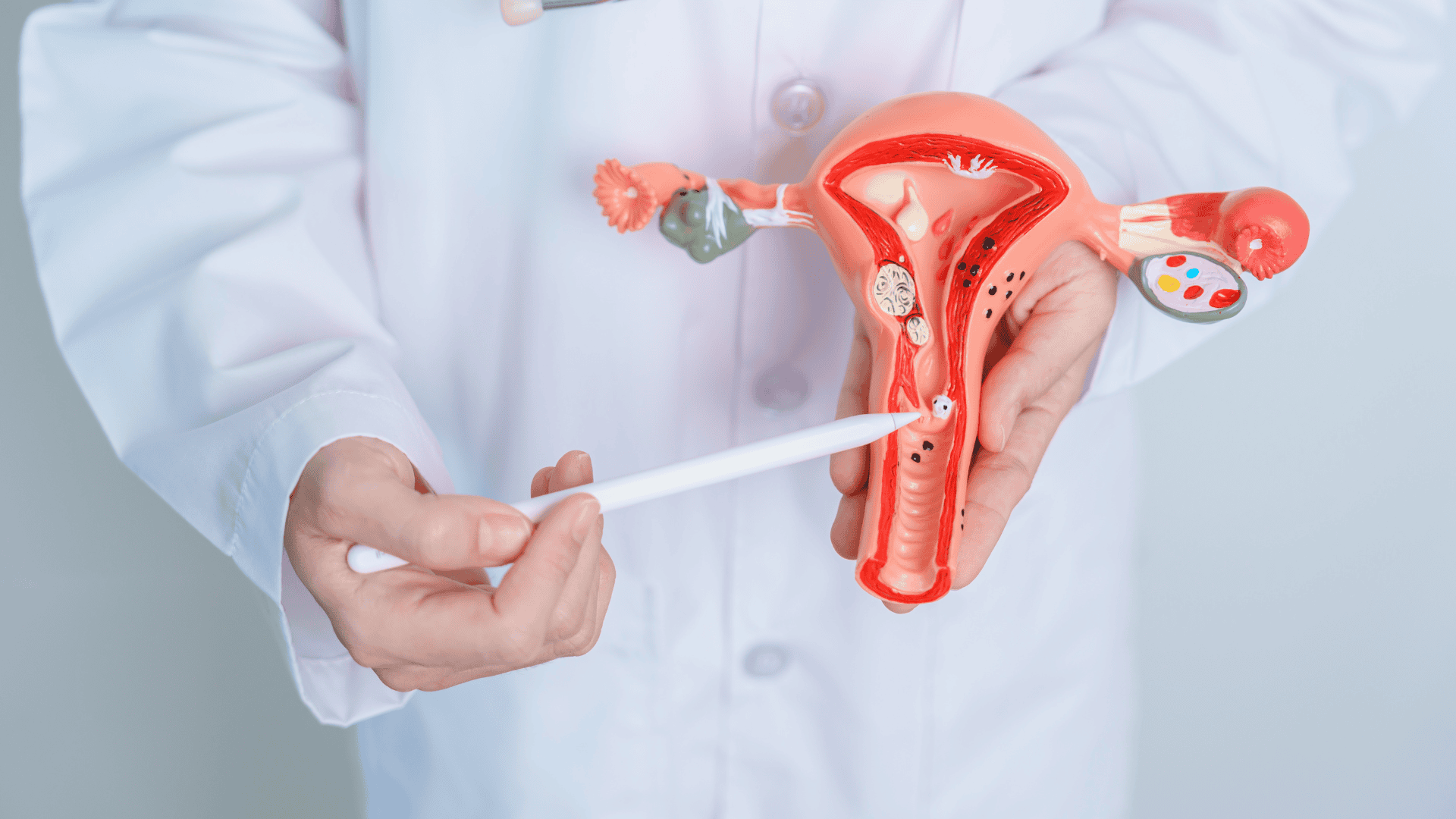
Hysterectomy: Understanding the procedure and its benefits
Hysterectomy is a surgical procedure commonly performed on women for various medical reasons. In this article, we'll explore what hysterectomy involves, why it's performed, and the benefits it can provide.
What is hysterectomy?
Hysterectomy is a surgical procedure aimed at removing the uterus, and in some cases, other reproductive organs such as the cervix, ovaries, and fallopian tubes. It can be performed via different techniques, including abdominal hysterectomy, vaginal hysterectomy, or laparoscopic hysterectomy.
Why is hysterectomy performed?
Hysterectomy is performed for various reasons, including:
- Treatment of gynecological conditions: Hysterectomy may be recommended to treat conditions such as uterine fibroids, endometriosis, adenomyosis, abnormal uterine bleeding, pelvic organ prolapse, or gynecological cancers.
- Permanent contraception: In some cases, hysterectomy may be chosen as a permanent form of contraception, especially in women who have completed their childbearing.

Life after hysterectomy
Life after a hysterectomy can vary depending on the type of procedure performed and whether the ovaries were removed. For many women, the most noticeable change is the absence of menstruation. This often leads to relief from symptoms like heavy bleeding or chronic pain. However, when the ovaries are removed (oophorectomy), hormonal shifts may occur due to the sudden drop in estrogen and progesterone levels.
Some women may experience:
- Hot flashes and night sweats
- Mood swings or irritability
- Vaginal dryness
- Changes in libido
In such cases, hormone replacement therapy (HRT) may be recommended to ease symptoms, particularly if the hysterectomy is performed before natural menopause.
Impact on sexual health and intimacy
It’s common for women to have concerns about how a hysterectomy might affect their sex life. While experiences vary, many report improvement in sexual well-being due to the relief from pain or bleeding. Others may notice temporary changes in sensation or desire during the healing period.
Open communication with a partner and consultation with a healthcare provider can help address any physical or emotional challenges. In some cases, pelvic floor therapy may be beneficial for improving comfort and intimacy post-surgery.
Returning to daily activities
Recovery from hysterectomy takes time, and patients are usually advised to take several weeks off from work and daily responsibilities. Gentle movement is encouraged early on, but activities like lifting heavy objects, strenuous exercise, or sexual intercourse should be avoided until cleared by a doctor.
Typical timeline highlights:
- Light activity: Within a few days
- Return to work (non-physical): Around 4–6 weeks
- Full recovery: Up to 8 weeks, depending on surgical method and individual healing
Emotional support and self-care
Even when a hysterectomy is medically necessary, it can still stir a range of emotions. Feelings of sadness, grief, or even identity shifts are valid, particularly when fertility is impacted. Seeking support from a therapist, joining a support group, or simply talking with trusted loved ones can help ease the emotional transition.
Taking time for rest, nourishing meals, and gentle self-care practices supports both physical and mental recovery.
Benefits of hysterectomy
- Resolution of symptoms: Hysterectomy can effectively alleviate symptoms associated with gynecological conditions, such as pelvic pain, heavy menstrual bleeding, and pressure or discomfort in the pelvic region.
- Treatment of gynecological cancers: For women diagnosed with gynecological cancers such as uterine, ovarian, or cervical cancer, hysterectomy may be part of the treatment plan to remove the affected organs and prevent the spread of cancer.
- Improved quality of life: Relief from symptoms and the resolution of underlying health issues can lead to an improved quality of life for many women who undergo hysterectomy.
Risks and considerations
While hysterectomy is generally considered safe, it's essential to be aware of the potential risks and considerations, including:
- Surgical risks: As with any surgical procedure, hysterectomy carries risks such as infection, bleeding, injury to surrounding organs, and adverse reactions to anesthesia.
- Emotional impact: Hysterectomy can have emotional implications, especially for women who may experience feelings of loss or changes in body image as a result of the procedure.
Hysterectomy is a common surgical procedure that can provide significant benefits for women with gynecological conditions or cancers. By understanding the procedure, its potential benefits, and associated risks, women can make informed decisions about their healthcare. If you're considering hysterectomy, it's essential to discuss your options with a qualified healthcare provider to determine the best course of action for your individual needs and circumstances.


